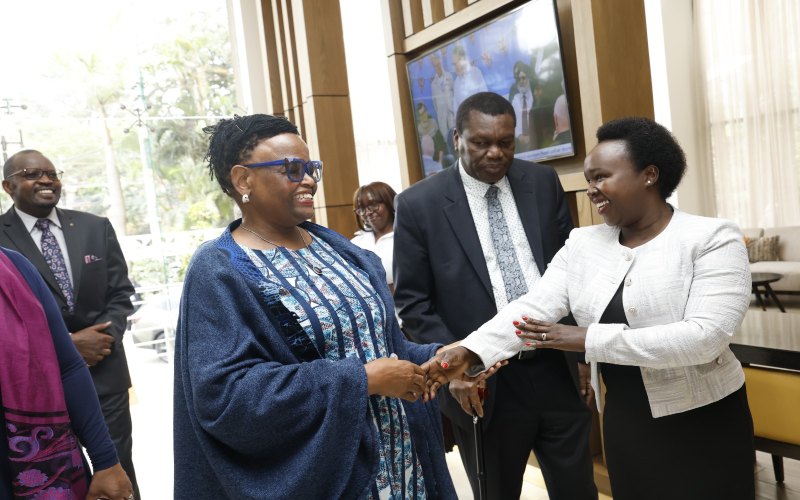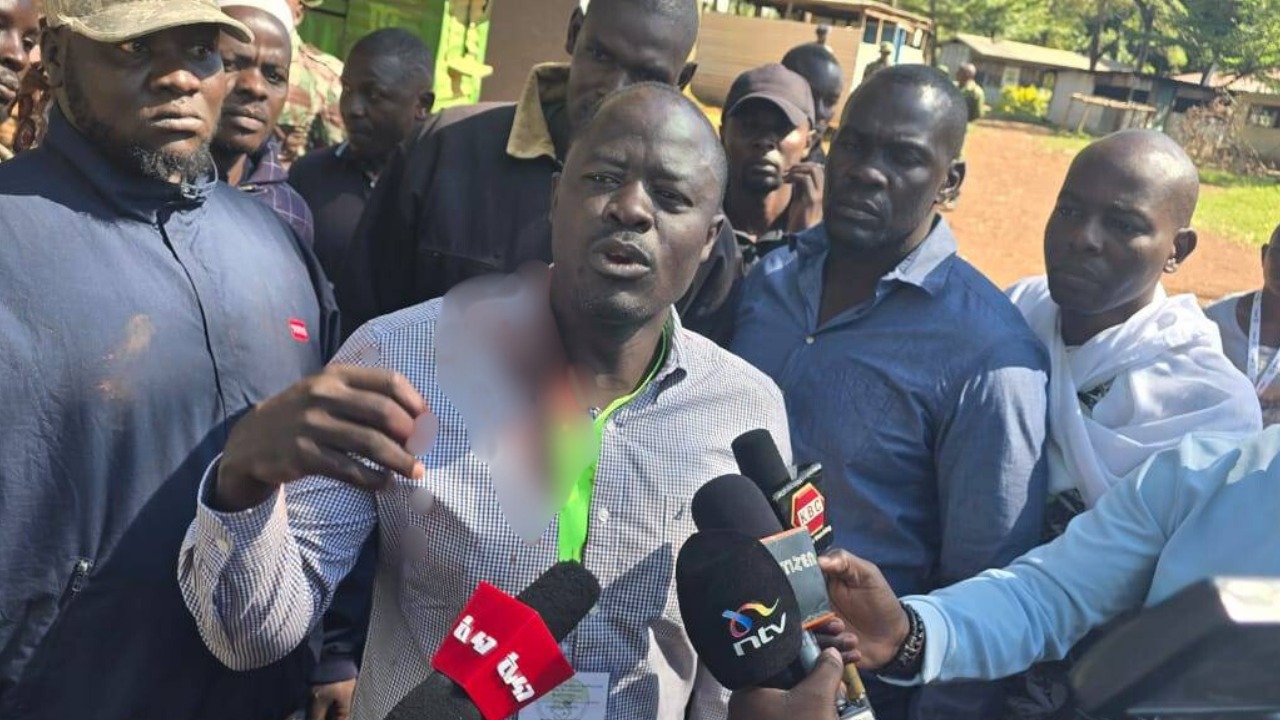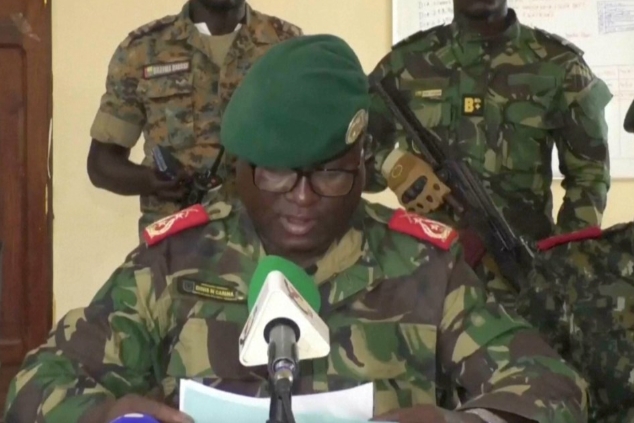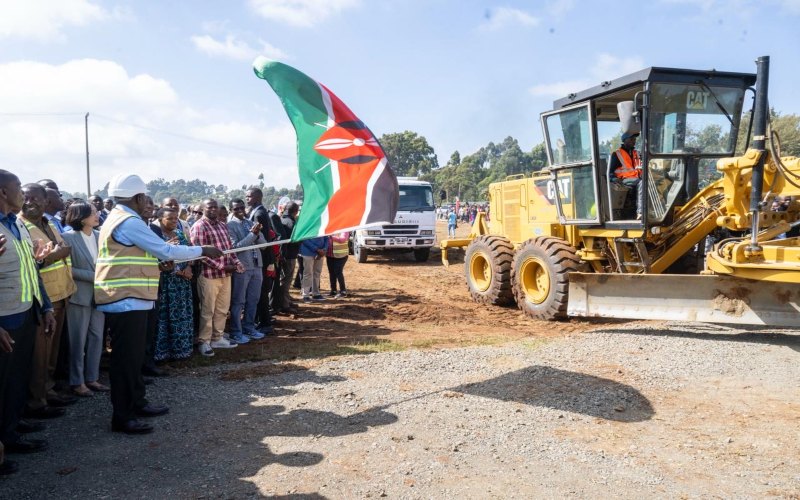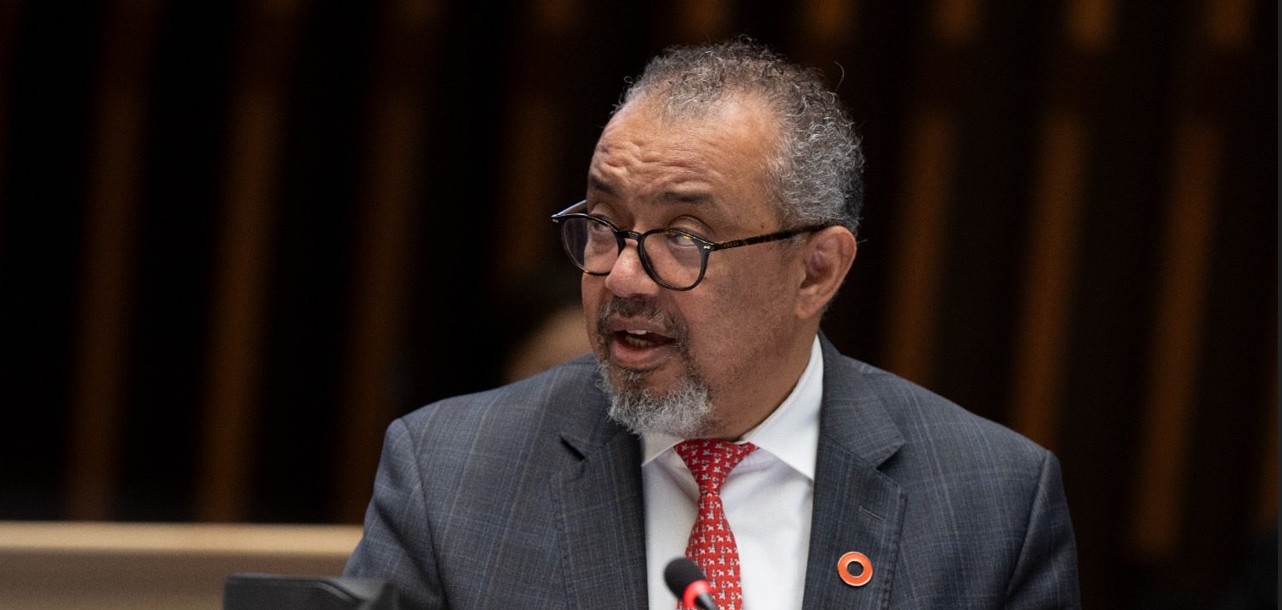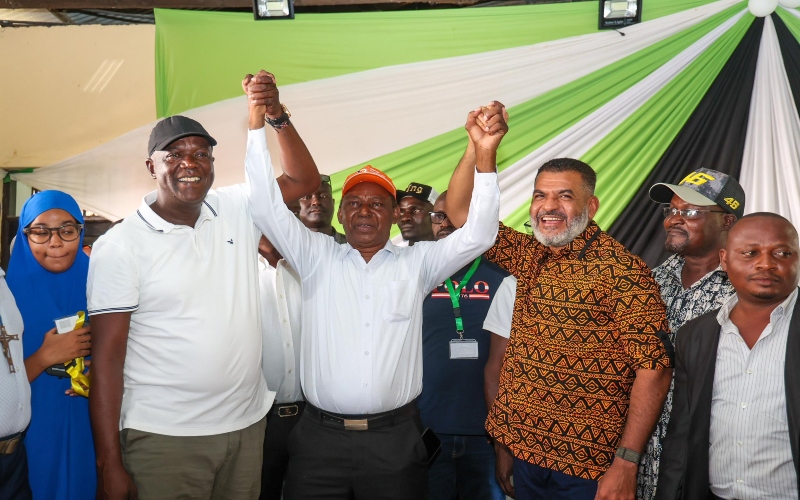EAC's Nairobi summit pushed to January amid regional tensions
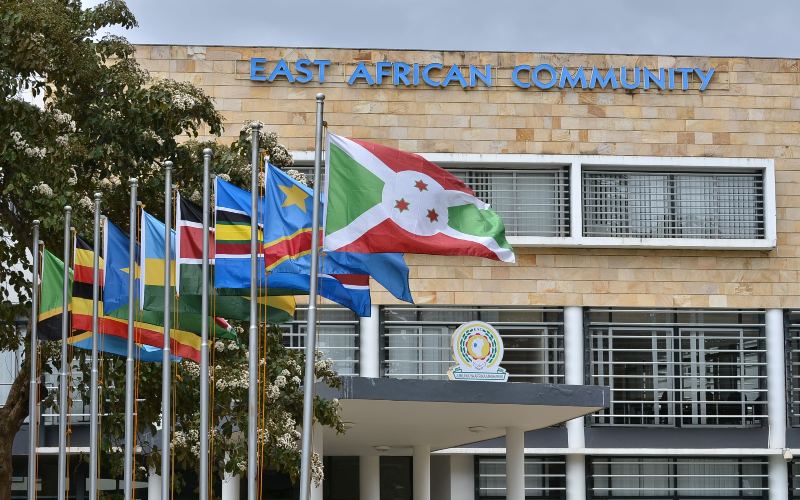
The meeting was to be held in Nairobi, with Kenya currently chairing the bloc, a rotating one-year position it assumed from South Sudan in late 2024.
The East African Community (EAC) has postponed its Heads of State Summit, originally scheduled for later this month, to an unspecified date in January, according to a senior official in Arusha.
No formal explanation was offered.
More To Read
- Kenya criticises ‘over-judicialisation’ after East African Court of Justice blocks EU trade deal
- East African Court postpones swearing-in of nine Somali legislators to EALA
- Museveni clarifies Indian Ocean comments after Kenya downplayed war talk
- Kenya dismisses war fears as Mudavadi quashes claims of Uganda ‘overrunning’ the country
- Somalia takes over leadership of EAC Speakers Bureau from Kenya
- Kenya’s exports to EAC partners grow as diaspora sends Sh1 trillion home
"Not yet," the official said when asked what informed the delay.
The meeting was to be held in Nairobi, with Kenya currently chairing the bloc, a rotating one-year position it assumed from South Sudan in late 2024.
Nairobi is expected to hand the gavel to Somalia, which has been serving as rapporteur and is next in line for the chairmanship.
The postponement comes at a delicate moment for the seven-member bloc, whose cohesion has been tested by overlapping political and security crises.
A region on edge
South Sudan, still the EAC's most fragile member, is once again in turmoil following the arrest of Riek Machar, the former First Vice President, whose detention has renewed concerns about Juba's shaky peace settlement.
To the west, Rwanda and the Democratic Republic of Congo (DRC) continue their acrimonious feud over the M23 rebellion in eastern Congo.
Kigali and Kinshasa have traded increasingly hostile rhetoric in recent weeks, raising fears of escalation just as the EAC grapples with the future of its failed regional military mission in the DRC.
Tanzania, meanwhile, is emerging from its own storm. The fiercely contested October presidential election, which returned Samia Suluhu Hassan to office with overwhelming margins, drew criticism at home and abroad and triggered sporadic unrest.
The EAC's decision-making relies heavily on quorum and consensus, both difficult to achieve when members are preoccupied with domestic turbulence or locked in disputes with one another.
Diplomatic insiders say the Nairobi summit risked becoming hostage to unresolved tensions, particularly over regional security, trade disputes, and the contentious question of Somalia's full integration into EAC structures.
Top Stories Today
